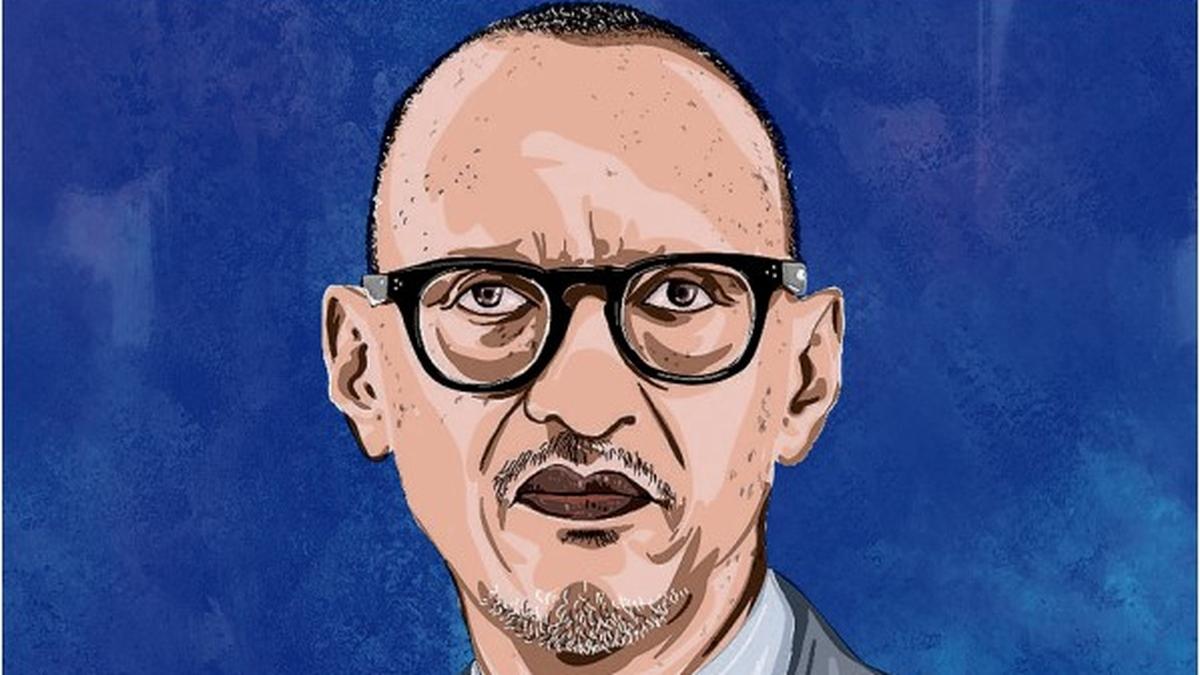Paul Kagame, the President of Rwanda, secured his fourth term as the leader of the country with over 99% of the votes last week. The election outcome was never in question. Mr. Kagame, 66, surpassed his previous record of 98.79% of the votes that he received seven years ago to continue his three-decade-long rule of Rwanda.
“The results that have been presented indicate a very high score, these are not just figures, even if it was 100%, these are not just numbers. These figures show trust, and that is what is most important,” he stated after the election.
Although Mr. Kagame officially became President of Rwanda in 2000, he had been the de facto leader since 1994, serving as Vice President and Defence Minister. He is widely recognized for putting an end to the genocide in Rwanda in 1994, where approximately 800,000 people were killed by government-backed extremists.
Rwanda was embroiled in a civil war when a plane carrying the then-President, Juvénal Habyarimana, was shot down over the capital Kigali in 1994. Habyarimana, a member of the majority Hutu community, was blamed on Tutsi rebels for his killing. This event led to months of violence where Hutu extremists targeted Tutsis across the country.
Following months of turmoil, Mr. Kagame’s Rwanda Patriotic Front (RPF), established in 1988 in Uganda, played a crucial role in ending the genocide.
Economic Development
As the de facto leader since 1994, Mr. Kagame has been a proponent of economic development in Rwanda. One area where the East African country has made significant progress under Mr. Kagame’s leadership is in the healthcare sector. He is often praised for enhancing the standards of the country’s medical services. His administration has focused on establishing community-based healthcare services to reduce the time taken to reach the nearest health centers. The average walking time was reduced from 95 minutes to 47 minutes in 2020, as noted by the World Health Organization.
Mr. Kagame also oversaw rapid economic growth. According to the World Bank, Rwanda’s economy expanded by 7.6% in the first three quarters of 2023, despite mixed results in poverty reduction efforts.
Through the Rwanda Education Quality Improvement Programme, the Kagame government aims to enhance student learning. Mr. Kagame emphasized at the 77th UN General Assembly in 2022 that the future of billions of children and youth worldwide depends on addressing the challenges of inclusion and quality education, especially in the aftermath of the pandemic. Key goals of his government’s educational initiatives include achieving digital literacy for all by 2035 and elevating Rwanda to a high-income country by 2050.
While the focus on economic development is commendable, critics accuse Mr. Kagame of being a ruthless dictator. In 2015, Rwanda amended its Constitution to allow Mr. Kagame to extend his rule for a seven-year term starting in 2017, followed by two additional five-year terms.
A significant blemish on Mr. Kagame’s tenure was the suspicion of involvement in the death of Patrick Karegeya, Rwanda’s former chief of external intelligence. Karegeya was found dead in a Johannesburg hotel room on January 1, 2014. Having fled to South Africa in 2008 after falling out of favor with Mr. Kagame’s regime, he had helped establish the Rwanda National Congress, an opposition group in exile.
Reporters Without Borders has labeled Mr. Kagame as a “predator” and notes that censorship persists in Rwanda, with self-censorship becoming common to avoid government reprisals.
Despite allegations of autocratic policies, Mr. Kagame maintains a positive image on the international stage. He currently chairs the Commonwealth and previously led the African Union from 2018 to 2019 and the East African Community from 2018 to 2021. Rwanda boasts significant female representation in Parliament, with 61.3% of women in the Chamber of Deputies and 37.4% in the Senate.








































